Keywords: Religious Right
There are more than 200 results, only the first 200 are displayed here.
-
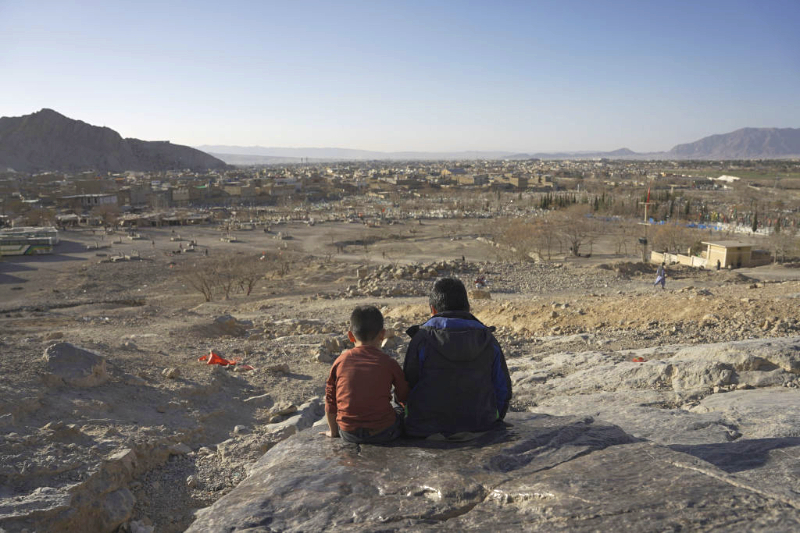
INTERNATIONAL
- Hava Rezaie, Hayat Akbari, Zaki Haidari
- 28 September 2021
6 Comments
It has now been over a month since the Taliban seized Kabul. As attention inevitably shifts elsewhere, the painful question arises: What's next? Is this another 'back to the future' moment? The signs are grim. Over the last two weeks, the Taliban have issued a number of edicts which demonstrate that their attitudes to women have not changed.
READ MORE 
-
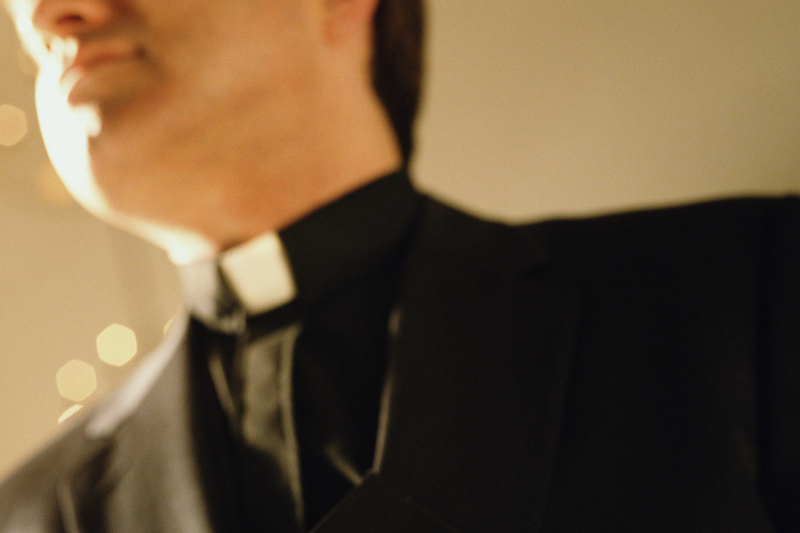
RELIGION
- Gideon Goosen
- 23 September 2021
60 Comments
The Final Report of the Royal Commission into Institutional Responses to Child Sexual Abuse identified clericalism as a significant contributor to abuse across religious institutions Australia-wide. Clericalism is rooted in a theological belief that the clergy are different to the laity, having undergone an ‘ontological change’ at ordination, and feeds the notion that the clergy may not be challenged. And according to the report, the culture of clericalism is on the rise in seminaries in Australia.
READ MORE 
-
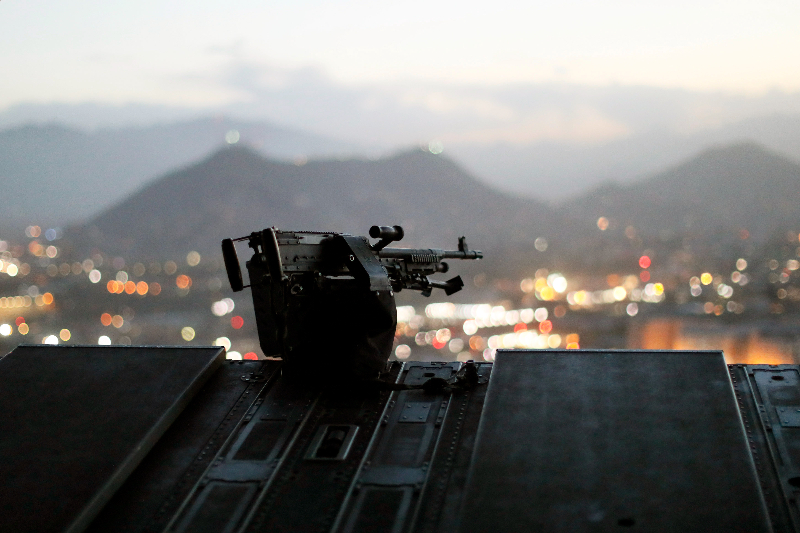
INTERNATIONAL
- Binoy Kampmark
- 24 August 2021
10 Comments
The New York Times editorial on 15 August was all about tragedy in describing the fall of Kabul to the Taliban. ‘Tragic because the American dream of being the “indispensable nation” in shaping a world where the values of civil rights, women’s empowerment and religious tolerance rule proved to be just that: a dream.’
READ MORE 
-
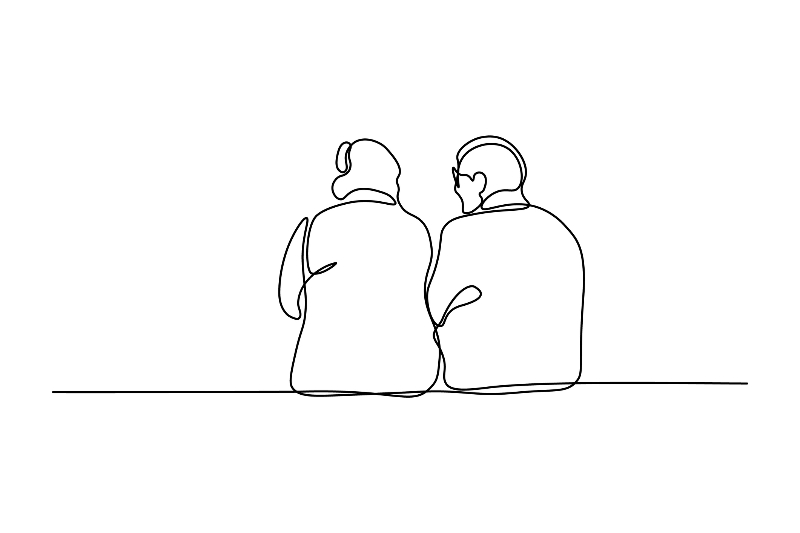
RELIGION
- Michael McGirr
- 10 August 2021
28 Comments
I must have time on my hands. I have been thinking about the difference between atheists and God cancellers. I love my atheist friends, of whom I am blessed with many. I relish the existential grist of our talks, the deep sense of substance and mutual respect. I also love the constant jokes. We keep each other honest. I enjoy a rich engagement with the history of thought and I believe we ennoble each other through the kind of trust that is prepared to talk about things that are off limits to others.
READ MORE 
-
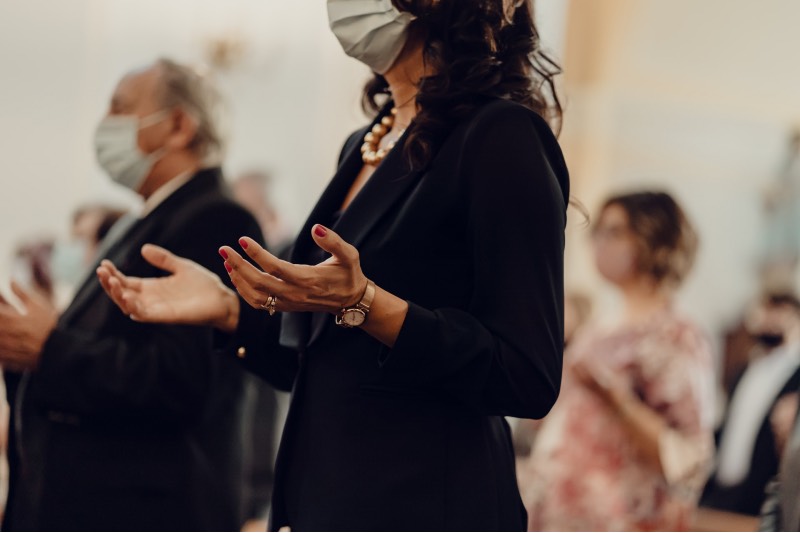
RELIGION
- John Warhurst
- 20 July 2021
70 Comments
The Plenary Council First Assembly is only two months away, but uncertainty still remains about the role that its 282 members will play. Not just about what work they will do but what conception of the role they will bring or will be imposed upon them by the authorities.
READ MORE 
-
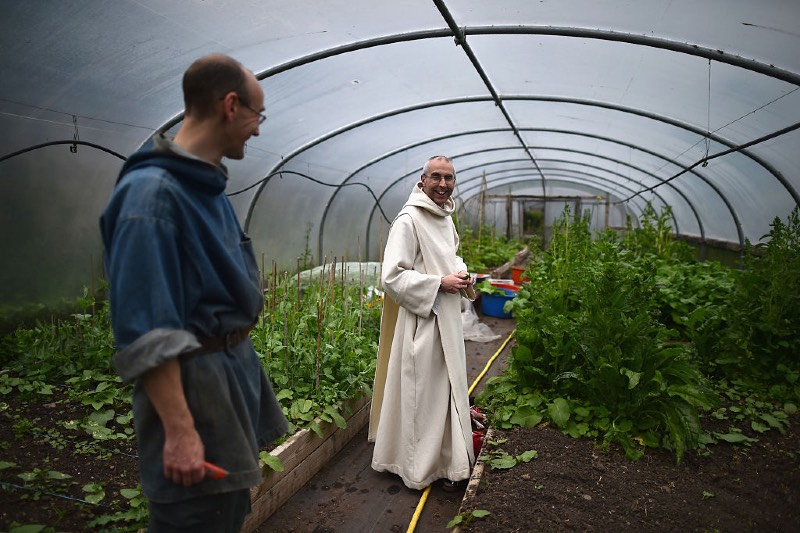
RELIGION
- Andrew Hamilton
- 15 July 2021
14 Comments
Benedict’s rule anticipates and handles the weakness inherent in enthusiastic movements led by charismatic leaders to leave the world. They import into the communities the power-based relationships in the world that they left.
READ MORE 
-
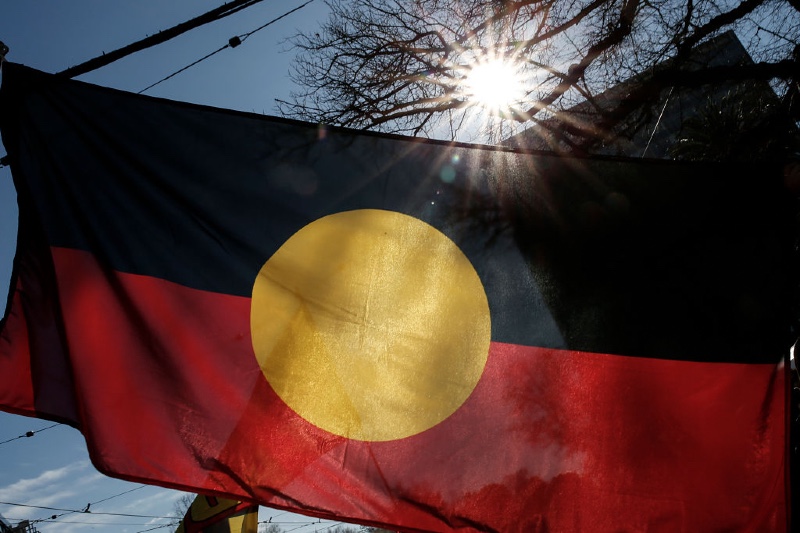
FAITH DOING JUSTICE
But it is possible the members of the Plenary could begin to hear a deeper voice speaking in their hearts. There may arise a new courage to start a process of truth and reconciliation, reporting the process of this journey to the second Plenary Council planned for Sydney, July 2022. We can only begin that journey if members of the Plenary Council come and are open to listening to that deep inner voice.
READ MORE
-

AUSTRALIA
Reading the paper, Instrumentum Laboris, written in preparation for the coming Plenary Council, I found myself quite disappointed by the lack of depth, awareness and any sense of the need for an apology. Much less an openness to any serious conversion that is needed within the Church.
READ MORE 
-

ECONOMICS
There really is no such thing as ‘capitalism’ — or rather there are so many capitalisms that the word is altogether too imprecise to be useful. A much better term to identify the problems, even evils, of modern developed economies is ‘corporatism’. This can be precisely identified and its transgressions and general harm are getting worse.
READ MORE 
-
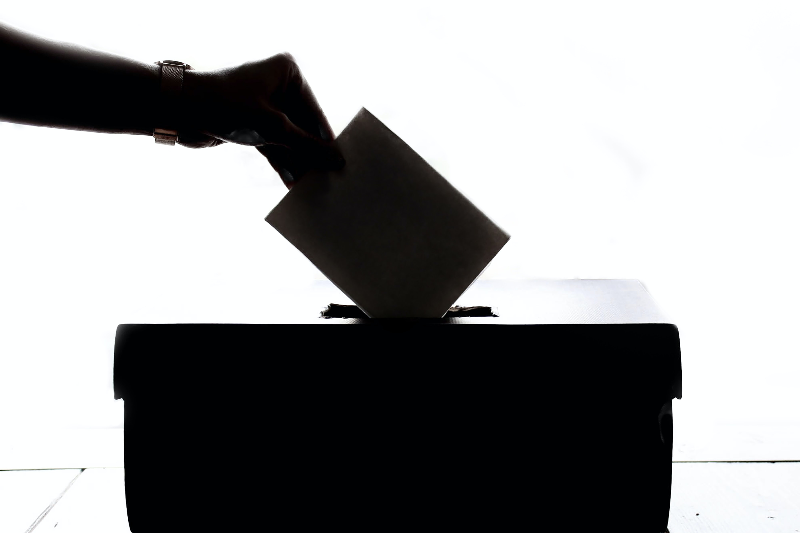
RELIGION
- John Warhurst
- 22 June 2021
57 Comments
Democracy is a modern ideal, still fighting for acceptance in some parts of the world. It has had to be fought for by brave advocates. The church by contrast is an ancient pre-democratic institution, which shows in its hierarchical organisation and undemocratic internal processes.
READ MORE 
-
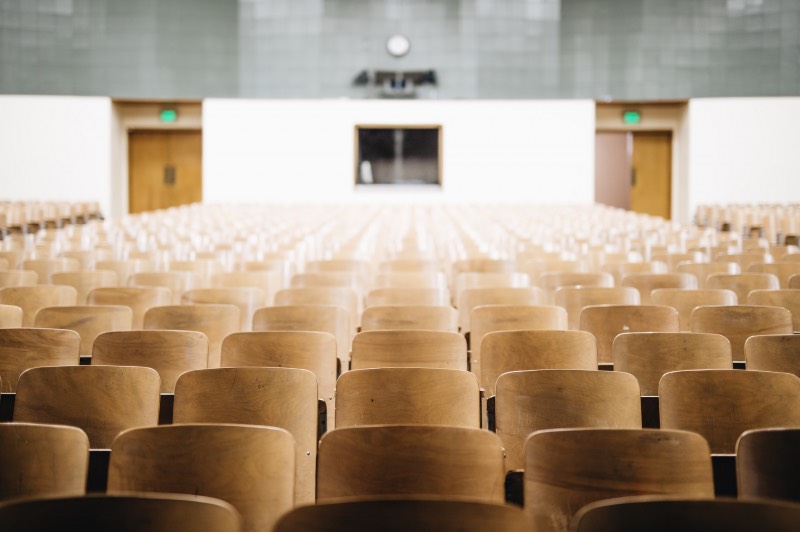
EDUCATION
The tertiary level is designed to promote change and innovation. If there is no tertiary level, there is no growth in our understanding of global religious systems, and no emerging individuals who possess critical thinking skills and historical knowledge of these systems. Without these individuals, there’s a risk that religious institutions will become more insular, regressive, disconnected and, most disastrously, unchecked.
READ MORE 
-

AUSTRALIA
- Margaret Somerville
- 03 June 2021
9 Comments
No one on either side of the debate wants to see people suffer and the euthanasia debate is not about if we will die — we all will at some point. The debate is about how we will die and whether some ways of dying, namely euthanasia, are unethical and dangerous, especially to vulnerable and fragile people, and destructive of important shared values on which we base our societies.
READ MORE